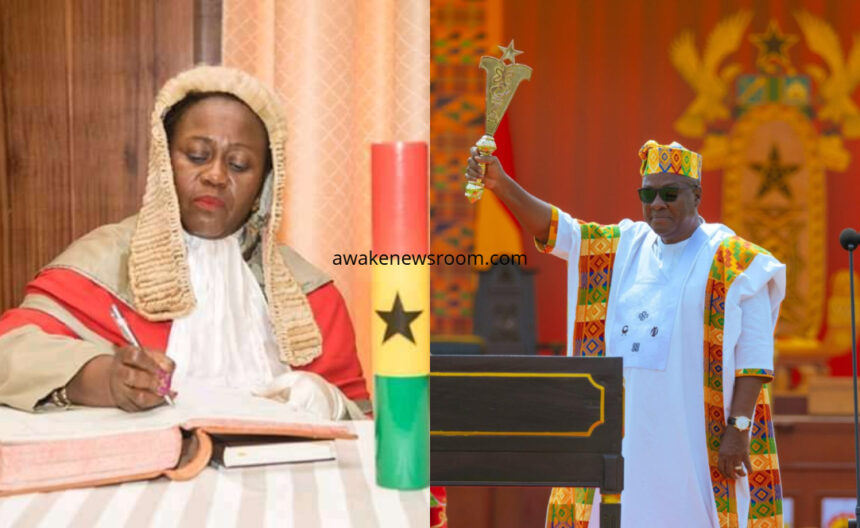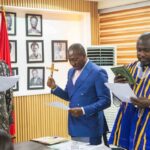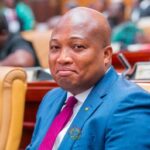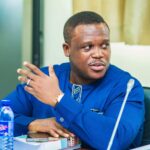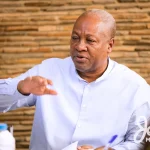Chief Justice Gertrude Torkonoo has formally written to the Republic, John Mahama, requesting copies of the petitions filed seeking for her removal from office.
Her request comes after the president announced he has received three petitions and forwarded them to the Council of State for advice, in accordance with constitutional provisions.
In her letter, Chief Justice Torkonoo stressed the importance of due process and asked to be provided with the petitions to enable her to respond appropriately.
“I am by this letter humbly and respectfully asking His Excellency the President and eminent members of the Council of State to forward the petitions against me to me and allow me at least seven days after receipt of the same to provide my response to you, which response can then form part of the materials that you conduct the consultation anticipated under 146(6), before the possible setting up of a Committee of Inquiry under article 146(7),” part of the letter stated.
Can the Chief Justice be removed from Office?
Answer: YES
On what Grounds can he or she be removed?: The grounds upon which the Chief Justice can be removed from office include (a) stated misbehavior, (b) Incompetence, or (c) inability to perform the functions of his or her office, arising from infirmity of body or mind.
What is the procedure for Such Removal According to the 1992 Constitution?
The President of the Republic of Ghana must receive a petition for the removal of the Chief Justice as prescribed by the 1992 Constitution.
The Constitution does not specify which individual or group can present the petition to the President hence any Ghanaian of sound mind can petition the President with concrete reasons for the removal of the Chief Justice.
When the President receives the petition, he must act in consultation with the Council of State.
The President shall then appoint a committee, consisting of two Justices of the Supreme Court, one of whom shall be appointed Chairman by the President of the republic and three other persons who are not members of the Council of State, nor members of Parliament, nor lawyers.
This is the process as prescribed by the 1992 Constitution


